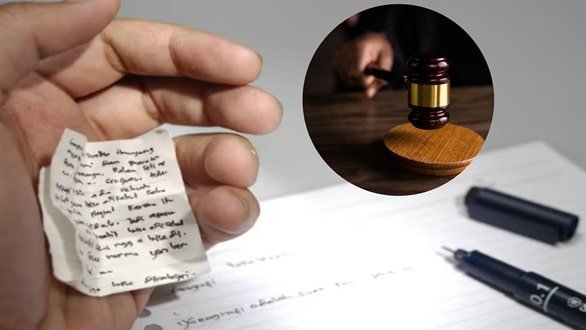The Indian government has introduced a rigorous new law aimed at curbing the rampant issue of examination paper leaks. This move comes in the wake of multiple high-profile leaks affecting significant exams such as NEET and UGC-NET. The legislation, which carries severe penalties including up to five years in prison and fines reaching Rs 1 crore, marks a decisive step in protecting the integrity of India’s educational assessments.
Background and Legislative Context
India’s examination system has long been plagued by the issue of paper leaks, undermining the credibility of its educational institutions and causing widespread concern among students and parents. Recent incidents have highlighted the urgent need for robust measures to prevent such breaches. The new law, officially notified by the Centre, is part of a broader strategy to reinforce examination security and uphold educational standards.

The legislation draws on previous attempts by various states to tackle this problem. For instance, Rajasthan recently passed a bill to increase the penalties for paper leaks, reflecting a growing recognition across the country of the need for stringent measures. These efforts at the state level have now been bolstered by the Centre’s comprehensive national approach.
Key Provisions of the Law
The newly notified anti-paper leak law is notable for its severe penalties, which include:
- Imprisonment: Individuals found guilty of leaking examination papers face up to five years in prison.
- Financial Penalties: Fines can reach as high as Rs 1 crore, serving as a substantial deterrent against such activities.
- Administrative Measures: The law also includes provisions for administrative actions against institutions and individuals involved in paper leaks, ensuring accountability at multiple levels.
These measures are designed to address the root causes of paper leaks, which often involve a complex network of insiders and external actors. By imposing strict penalties, the government aims to disrupt these networks and create a safer examination environment.
Implications for NEET and UGC-NET Examinations
The introduction of this law is particularly significant in the context of NEET and UGC-NET, two of the most critical exams in India. NEET is a gateway for students aspiring to enter medical colleges, while UGC-NET is essential for those seeking to pursue a career in academia. The credibility of these exams is paramount, as they determine the future of millions of students each year.
In recent years, both exams have been marred by paper leak scandals, leading to widespread anxiety and calls for reform. The new law is expected to restore confidence in these examinations by ensuring that strict punitive measures are in place to deter any attempts at tampering with their integrity.
Broader Educational Reforms
This legislation is part of a larger framework of educational reforms aimed at improving the quality and fairness of India’s education system. The government has also been investing in technology to enhance exam security, such as implementing advanced surveillance and encryption techniques to safeguard examination materials.
Moreover, there is a growing emphasis on transparency and accountability within educational institutions. By holding officials and institutions accountable for breaches, the government seeks to instill a culture of integrity and responsibility across the educational sector.
Challenges and Future Directions
Despite these efforts, the implementation of such stringent laws presents several challenges. Ensuring effective enforcement across India’s diverse and vast educational landscape requires coordination between various state and central agencies. Additionally, there is a need for continuous monitoring and updating of security measures to keep pace with evolving threats.
Moving forward, the success of this law will depend on its rigorous enforcement and the willingness of educational institutions to adopt and comply with enhanced security protocols. The government’s commitment to maintaining the integrity of examinations is clear, but sustained efforts and vigilance will be crucial to achieving lasting change.

Our dedicated team gathers information from all the reliable sources to make the law accessible and understandable for everyone. We provide the latest legal news stories from across the country, delivered straight to you.
